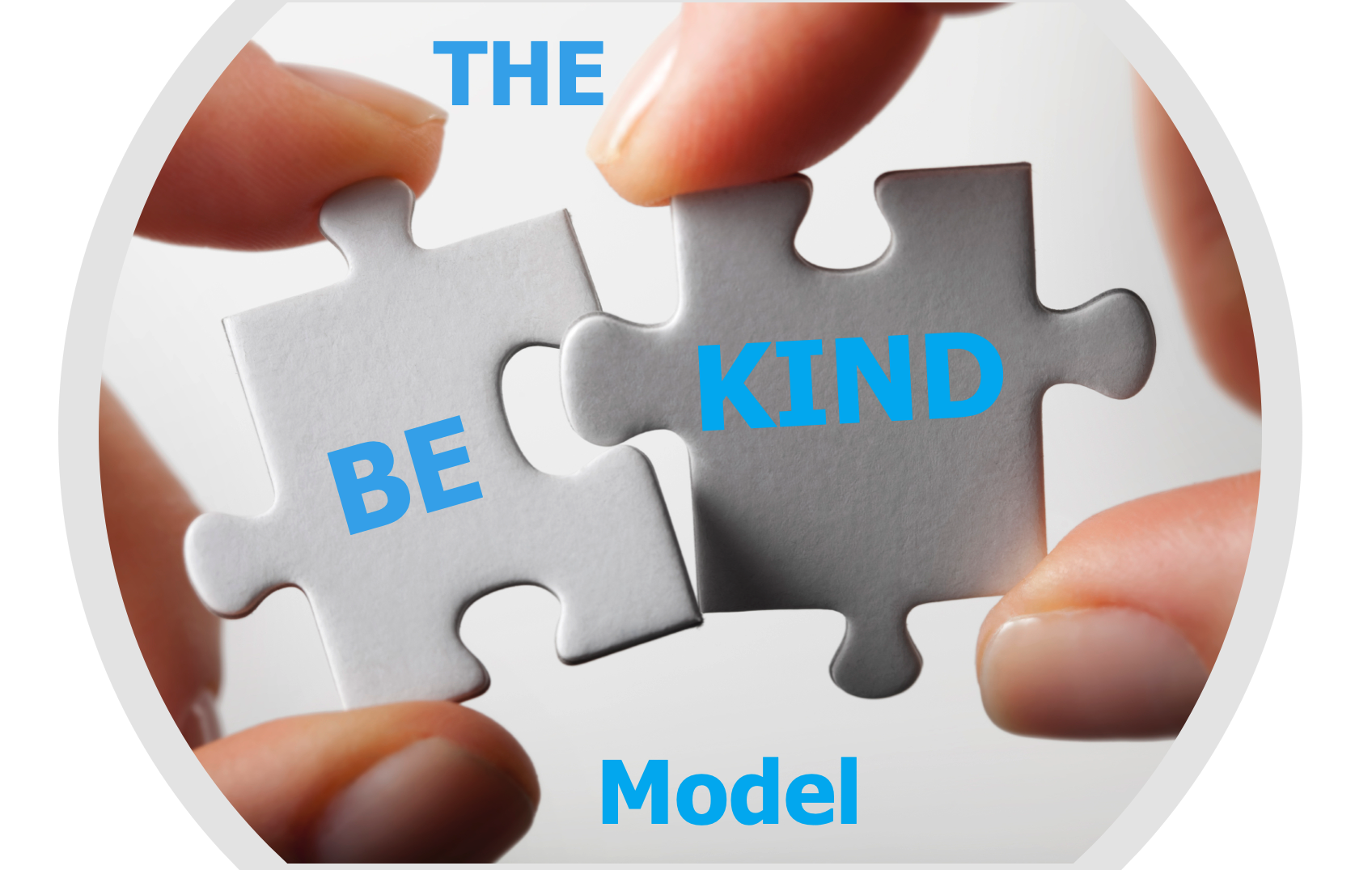
Session 1: Initial Workshop: Think 3-2-1 Crisis Intervention Strategy and the BE KIND Model
Date: Saturday, TBD | 8:30 AM – 11:30 AM
Session Objectives:
Understand crisis intervention as an act of kindness, aligned with God’s Word.
Learn the Think 3-2-1 Crisis Intervention Strategy and the BE KIND Model.
Engage in a hands-on problem-solving activity to practice these techniques.
Participate in scenario-based learning, with observation and feedback from peers.
Key Topics:
Crisis intervention as kindness
Think 3-2-1 strategy: Key components and applications
The BE KIND model overview
Scenario-based application and feedback
Session 2: The Spectrum of Resilience
Date: Saturday, TBD | 8:30 AM – 10:30 AM
Session Objectives:
Understand the Spectrum of Resilience as a framework for prevention, intervention, and postvention.
Explore the role of spiritual, personal, and professional resiliency in crisis management.
Identify crisis prompters, signs, and guardrails that help prevent escalation.
Learn how to foster a culture of connectedness and safety.
Key Topics:
Biblical principles of resilience
Prevention, intervention, and postvention strategies
Characteristics of spiritual, personal, and professional resiliency
Crisis prompters, signs, guardrails, and curative factors
Session 3: Understanding Suicide Ideation: The Role of the Church
Date: Saturday, TBD | 8:30 AM – 10:30 AM
Session Objectives:
Differentiate between suicide ideation and suicide planning.
Recognize how the church can act as a curative factor in addressing suicide ideation.
Learn to recognize signs of extreme stress and the early indicators of suicide ideation.
Apply spiritual discernment to identify and respond to suicidal thoughts.
Key Topics:
Suicide vs. suicide ideation: Definitions and key distinctions
The church’s role in intervention and support
Identifying crisis triggers and unhealthy stress responses
Spiritual discernment in recognizing suicide ideation and planning
Session 4: The Safety Peace Plan
Date: Saturday, TBD | 8:30 AM – 10:30 AM
Session Objectives:
Learn the five steps of the BE KIND Safety Peace Plan for supporting individuals in crisis.
Recognize the importance of creating a sense of safety for individuals in distress.
Practice following up with individuals after a crisis intervention to ensure ongoing support.
Key Topics:
Components of the Safety Peace Plan
The role of the crisis intervener in providing peace and safety
Practicing the five steps of the Safety Peace Plan through role-playing scenarios
Follow-up strategies to ensure ongoing care and support
Session 5: Breaking the Stigma
Date: Saturday, TBD | 8:30 AM – 10:30 AM
Session Objectives:
Review and synthesize the Think 3-2-1 Crisis Intervention Strategy and BE KIND Model.
Recognize how stigma around mental health and suicide ideation impacts individuals in crisis.
Identify observable signs of distress and the early, immediate, and imminent risk of suicide.
Recognize curative factors and guardrails that decrease the likelihood of suicide ideation.
Key Topics:
Reviewing the key components of the Think 3-2-1 and BE KIND models
Stigma and its effects on seeking help
Recognizing observable signs of suicide risk
Guardrails and curative factors that promote healing and safety
